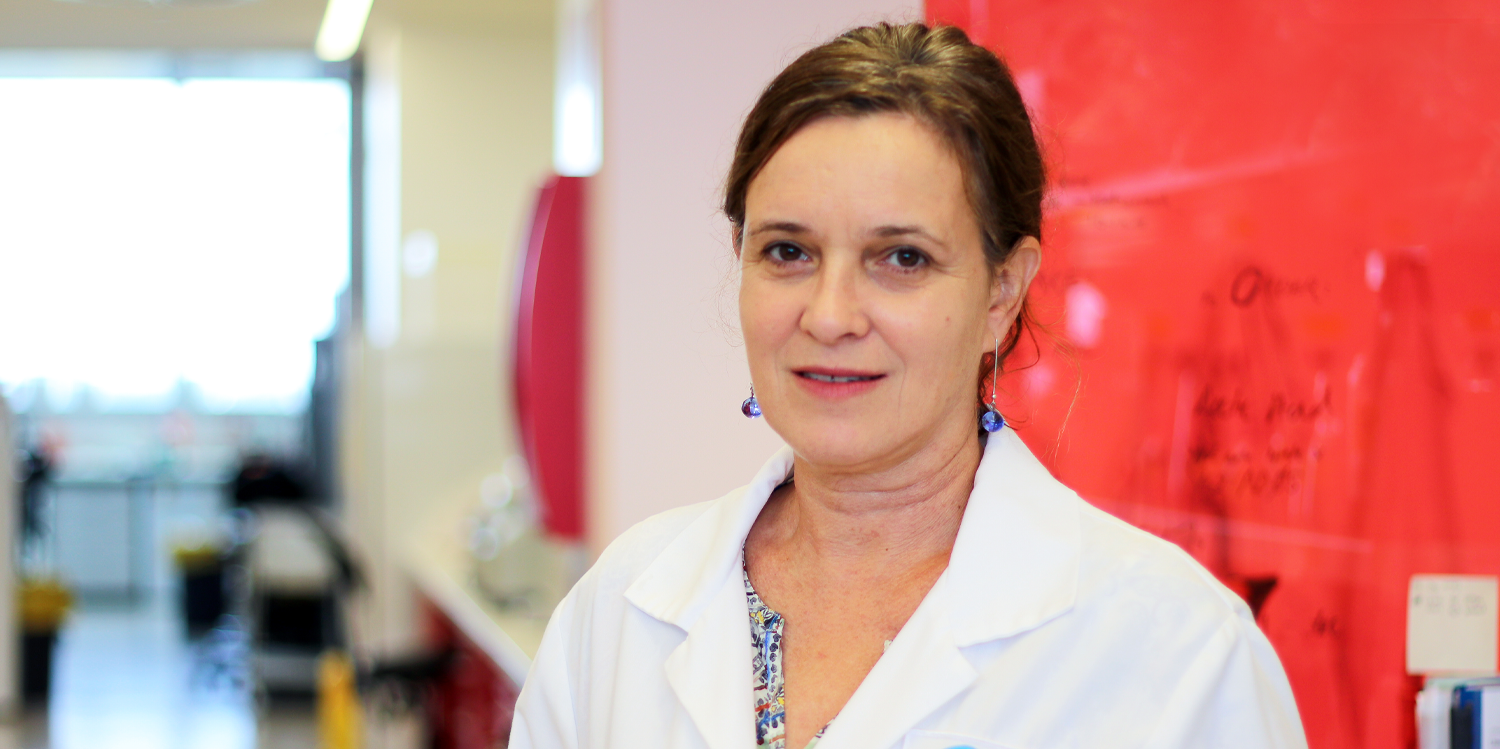 Phenomic research in Western Australia is set to be boosted as part of the latest round of Future Health Research and Innovation (FHRI) Fund grants.
Phenomic research in Western Australia is set to be boosted as part of the latest round of Future Health Research and Innovation (FHRI) Fund grants.
Biobank Chief Investigator at the Harry Perkins Institute of Medical Research Dr Louise Winteringham told Medical Forum the new funding would support work to develop patient derived organoids – 3D miniature tumour-like organs – from cancer patients in a lab setting.
The cancer biologist said while the Institute already had an existing node of Phenomics Australia, this grant of about $500,000 would fund a specialised role known as a bioinformatician for three years.
The role forms part of the National Collaborative Research Infrastructure Strategy Partner Program.
“The goal is that we generate or grow these organoids in a dish in the laboratory,” Dr Winteringham said.
“These are specific models of an individual’s cancer. You take a little bit of tissue, and you grow it in the laboratory and special type of media that allows it to form into a 3D tumor-like organ.
“Then we have the opportunity to test that particular tumour, which relates to a particular patient, for things like drug sensitivity and whether or not they’re going to be responsive to a particular drug, if they’re likely to develop resistance to that drug, what other sort of drugs might be available that might then be appropriate for them to use.”
Dr WInteringham said the work was still in the research and development stage.
But in the future this work could be used to inform cancer treatment, allowing it to become more personalised. Dr Winteringham estimates this could happen within a decade.
Dr Winteringham said the project had ethics approvals that allow the organoids to go back into the bio bank for further research opportunities.
“They can then be provided to other people where there is appropriate ethics for further testing and research,” she said.
In a release announcing a number of research grants as part of the FHRI, the WA Government said this project would “fill a gap in the pipeline from discovery to clinical trials and ensure WA researchers remain at the forefront of discovery and translation of research into real-world outcomes”.
Want more news, clinicals, features and guest columns delivered straight to you? Subscribe for free to WA’s only independent magazine for medical practitioners.
Want to submit an article? Email [email protected]

